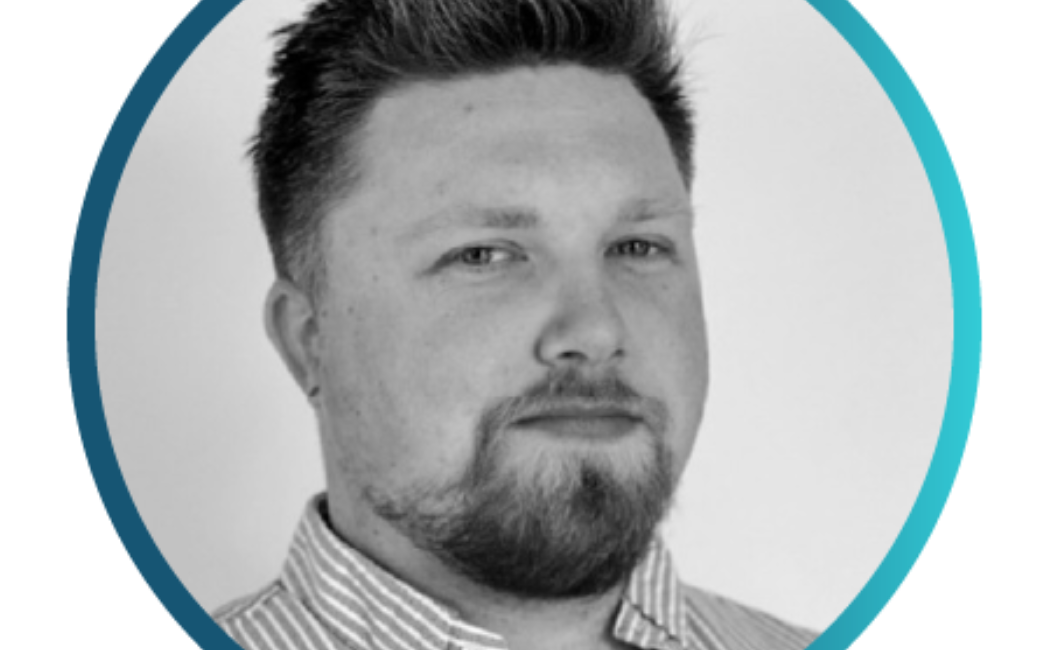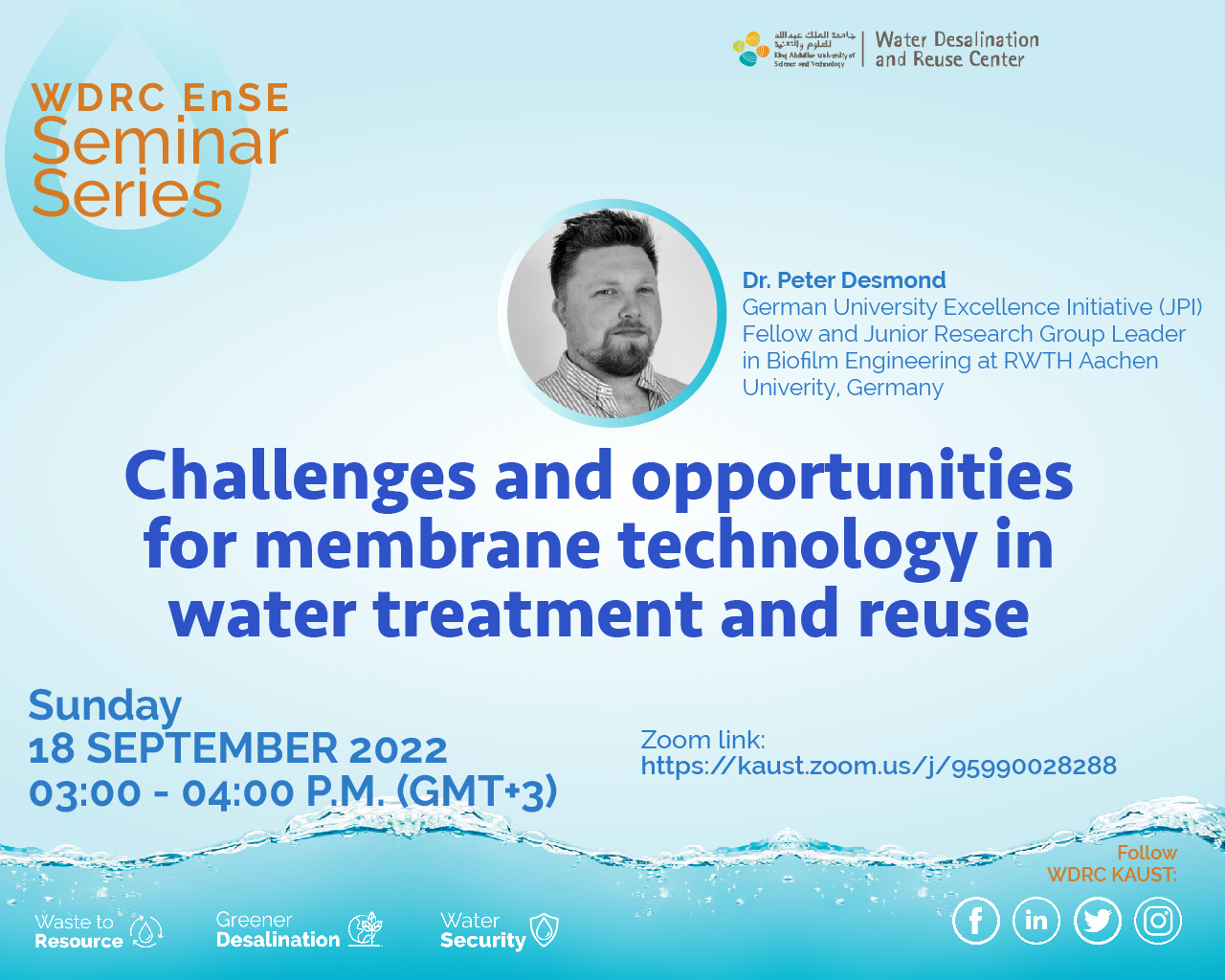



Abstract:
Membrane technology has emerged as a ubiquitous tool for the treatment and reuse of alternative water sources (e.g., seawater, wastewater effluent). In this seminar presentation, opportunities and process challenges facing membrane technology for water treatment will be presented.
I. Membrane biofouling: Biofilm development in MF/UF necessitates increasing the feed pressure to maintain water production and the need to apply chemical cleanings and in ultimate cases untimely membrane replacement. Biofilm development during Gravity Driven Filtration (GDF) prompted the realization that membrane filters could maintain a reasonable hydraulic permeability without complete removal of the biofilm under continuous dead-end conditions. This invited fundamental research investigation into factors determining the hydraulic resistance of membrane biofilms. A decade later, the spatial distribution of extracellular polymeric substances (EPS) and resulting biofilm physical structure were identified as the key contributors to filtration resistance in low-pressure membrane systems (MF/UF, GDM). In this seminar presentation, evidence will be presented on how the hydraulic resistance and mechanical stability of membrane biofilms can be lowered by modulating biofilm composition and physical structure via pre-treatment and operational processes, such as (i) feed water nutrient composition/concentration, (ii) transmembrane pressure (TMP) and (iii) cross-flow velocity (CFV), alone or in tandem. Consideration will be given to how the concept of “biofilm engineering” can be extended to other biofilm parameters such as mechanical stability to enable better management of recalcitrant biofilms in water engineering systems (e.g., pipelines and/or, cooling towers).
II. Organic solute transmission: Widespread use of treated effluent for non-/potable water production is limited by the persistence of assimilable organic carbon (AOC) in the treated permeate, which increases the microbial regrowth potential posing a risk to human health (e.g., pathogen transmission) [2-4]. Conventional wastewater reuse/treatment processes utilize dense membranes such as nanofiltration and reverse osmosis membrane technology post-membrane bioreactor (MBR) clarification for demineralization and partial rejection of DOC, such that AOC as a subfraction is poorly rejected (ca. <30-40% rejection) [5]). Reducing the transmission of AOC in reverse osmosis and permeates derived from wastewater is essential to enable the adoption of wastewater reuse as a safe and alternative water supply—allowing distribution with minimal or no further treatment. This section will present sources and mechanisms of DOC/AOC transmission into the permeate of RO membranes (e.g., organic leaching from membrane material, organic solute diffusion). Process-based solutions will be presented to optimize the rejection of AOC from treated wastewater effluent.
III. Emergent applications of membrane technology in water treatment and reuse: Membrane technology applied to water treatment and reuse is largely based on porous and dense filtration processes. Novel membrane systems based around membrane contactors invite potential for process intensification of conventional water treatment processes (e.g., biological oxidation, ozonation, ammonia stripping). In this section, initial experiences of using membrane contactors in water treatment and reuse will be presented, highlighting key areas for future research.
Bio:
Since 2021, Dr. Peter Desmond is a Research Group Leader at RWTH-Aachen University and a recipient of the German University Excellence Initiative (JPI) fellowship. He is also Visiting researcher/lecturer at RWTH-daughter University, German University of Technology, Oman. At RWTH-Aachen, Dr. Desmond leads the Biofilm Engineering group (www.biofilmresearch.com), where research efforts focus on; (i) Membrane contactors for process intensification solutions for wastewater reuse (MBfR, ozone transfer), (ii) Biofilm development in low pressure filtration systems and dense membranes for wastewater reuse, (ii) Mechanisms of organic transport in dense membranes applied to desalination and wastewater reuse. At GU-Tech Oman, Dr. Desmond translates fundamental research findings from his group at RWTH into regional-specific solutions for the Sultanate of Oman. Dr. Desmond receive his PhD from ETH Zurich in 2018 under the supervision of Prof. Eberhard Morgenroth at the Swiss Federal Institute of Aquatic Science and Technology. Before moving to RWTH-Aachen, Dr. Desmond was head of Research and Process development for MMS AG membrane systems, Switzerland where he led numerous international consultancy projects relating to industrial and produced water treatment using advanced membrane processes.